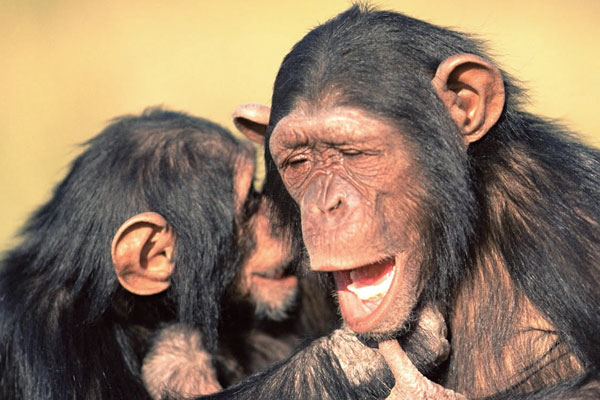KINDNESS IN THE KINGDOM –
July 13, 2024 – “Individuals who manage to maintain these strong relationships, they end up living longer, they have more offspring, and they show less features of related stress,” she said. “It really seems that if you are able to sustain these kinds of relationships, that they have very profound benefits.”
For example, killer whales share food and information about where to find food; orcas that have strong connections in their group are less likely to starve when resources are scarce. Hyenas with more friends tend to achieve greater success within their clans, as they have backup for social challenges.
But with friendship also comes responsibility, De Moor added. “At some point,” she said, “animals are willing to take on way more risks, way more costly behaviors for their preferred social partners.”
Consider the self-sacrifice of a vampire bat helping out a hungry friend by sharing recently swallowed meals and regurgitating blood into a buddy’s mouth (and if you haven’t vomited into your friend’s mouth recently, can you even call yourself a friend?).
Among chimpanzees, bonds of friendship can be so strong that if a mother dies and leaves a dependent youngster, “then a male or female friend [of the parent] might adopt that offspring,” Crockford said. Raising a juvenile comes at a cost to the new parent, especially if the adopter is a male, she added.



